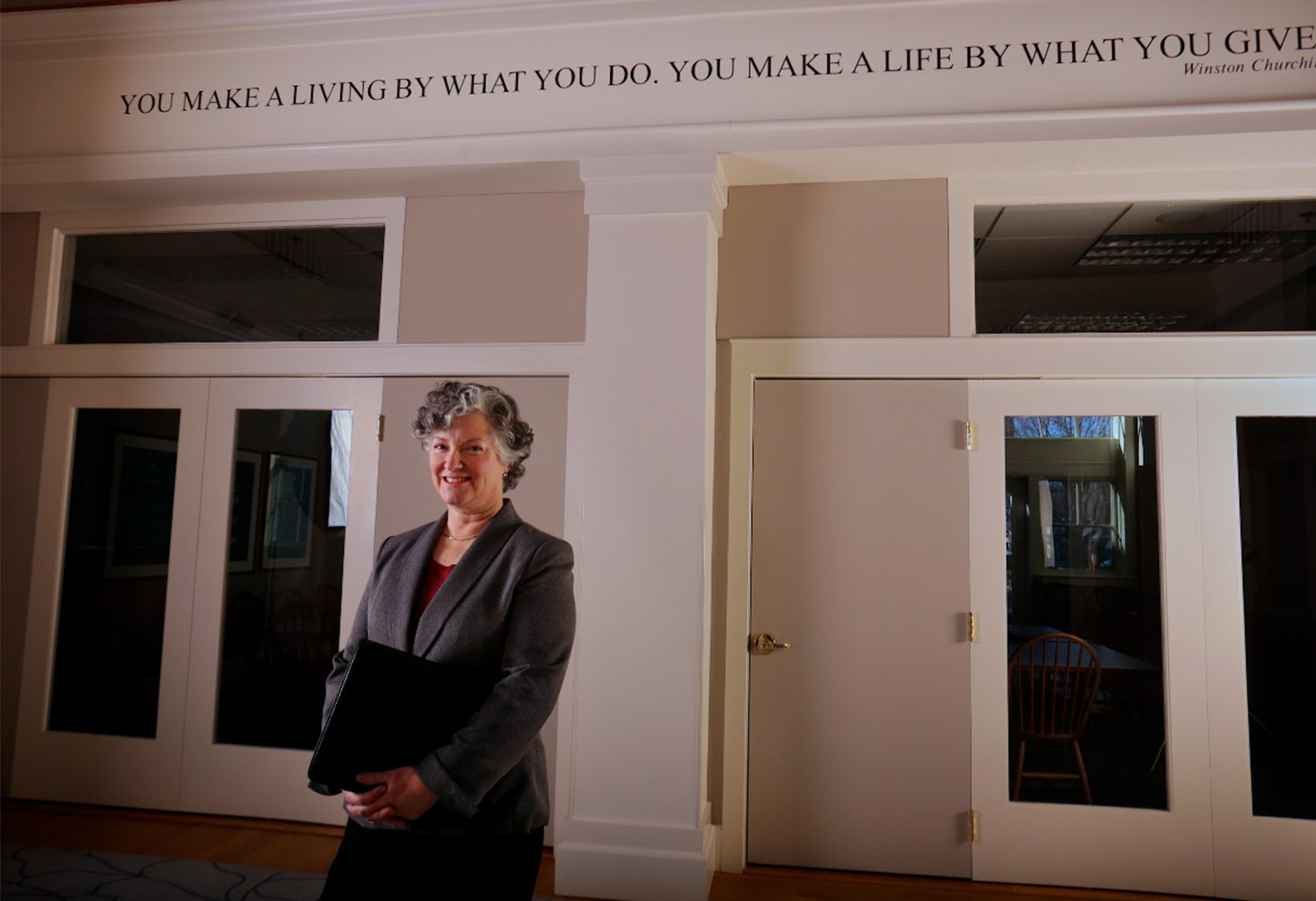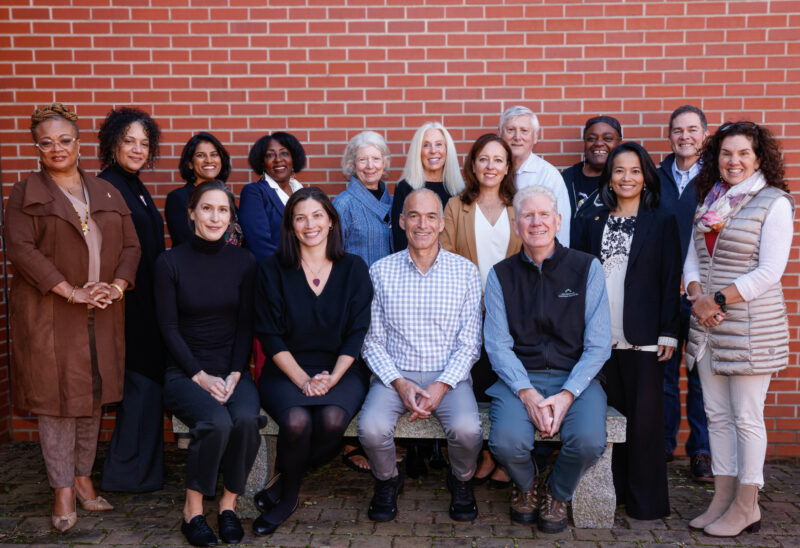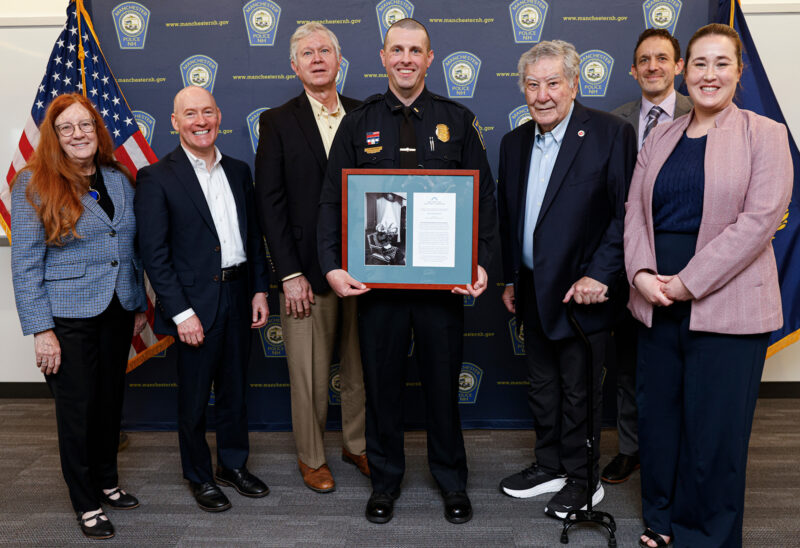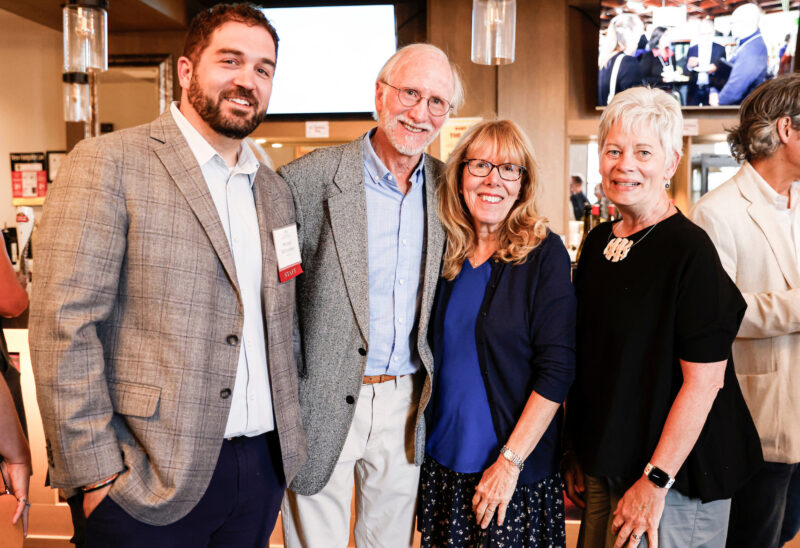Here’s the good news: New Hampshire is projected to have a net gain of 10 percent in jobs by 2022. Many of those jobs will be in fields related to science, technology, engineering and mathematics (STEM) – good jobs that can support a family and help drive the state’s economy.
But here’s the not-so-good news: demographic trends point to a shrinking workforce. Employers – including those in the Monadnock region – are already having trouble finding workers to fill the STEM jobs they have now. And, as a recent study shows, interest and proficiency in math and science diminish dramatically as New Hampshire students progress through school – which means that too many kids are opting out of studying or working in the very fields that could provide them with the greatest opportunities.
There’s a critical gap opening up here. It’s a gap that needs to be closed. The well-being of our communities depends on it.
New Hampshire businesses need a strong supply of STEM-skilled workers to continue to succeed, stay in New Hampshire, and help keep our economy and communities strong. And our kids need opportunities to thrive – getting the education, training, and guidance they need – to grow into productive adults who will contribute to our communities and sustain our economy into the future.
Business leaders from Monadnock and elsewhere are loud and clear on the workforce issue that New Hampshire needs skilled STEM workers, and that need is increasing. Students need alternative pathways to get into those careers – in addition to traditional four-year degrees.
The New Hampshire Charitable Foundation, with partners from business, education, government and the nonprofit sector, has launched the Smarter Pathways initiative to strengthen the STEM workforce pipeline and better prepare New Hampshire kids for great careers right here at home. The initiative works in tandem with Governor Maggie Hassan’s Task Force on STEM Education. Partners include the New Hampshire Department of Resources and Economic Development (DRED), New Hampshire Department of Education (NHDOE) and the state’s university and community college systems.
Smarter Pathways is part of the Foundation’s “New Hampshire Tomorrow” agenda to help all New Hampshire’s kids thrive – from cradle to career.
National funding for Smarter Pathways from Lumina Foundation is being matched by leading New Hampshire businesses – including Hitchiner Manufacturing, Graphicast and New Hampshire Ball Bearings in the Monadnock region, as well as Albany International, Hypertherm, Dyn and Fidelity Investments.
The Smarter Pathways initiative is focused on strengthening pathways from high school to STEM careers in three high-demand areas: computer science, information technology, and advanced manufacturing.
The Foundation has increased scholarship support for students studying in all of these fields, awarding more than $1.2 million in STEM scholarships last year.
In computer science and information technology, we are working with higher education and business leaders to encourage development of “two-plus-two” pathways, so students can proceed seamlessly from associate to bachelor’s degree programs. And we’re working at the high-school level as well, including funding the development of dual-credit courses at Portsmouth High School which put students on a pathway to computer science degrees at Great Bay Community College.
In advanced manufacturing, our efforts are focused in the Monadnock region, with its strong advanced manufacturing base. The Smarter Pathways steering committee includes Gary Groleau of New Hampshire Ball Bearings and Val Zanchuk of Graphicast. Together, we working with local partners to increase enrollment in existing pathways to advanced manufacturing careers. We hope to take what we learn here and apply it to other parts of the state.
Here’s what’s happening in the Monadnock Region: We are working to increase student enrollment in high school Career and Technical Education centers (CTEs) in Keene and Peterborough, where students can learn about opportunities in advanced manufacturing and earn college credit for high school courses. The Charitable Foundation has committed $40,000 for 2016 and 2017 to cover tuition for these dual-enrollment programs and create other incentives to increase CTE enrollment.
We are also working with the Cheshire Career Center in Keene. The center offers high school students dual-credit courses in advanced manufacturing, pre-engineering, welding and computer science. TCF will be working with the center and area businesses to learn what other courses and skills might be incorporated.
The Charitable Foundation is supporting the advanced manufacturing “mechatronics” program at the Applied Technology Center at Milford High School, covering tuition over the past three years for students in dual-credit courses working toward a certificate in mechatronics and/or continuing on to a New Hampshire community college.
The Foundation has been increasing scholarship awards for New Hampshire students studying in all the STEM fields. More than $1.2 million was awarded to 315 students in 2015. Foundation staff will be in the Monadnock region presenting to students and parents about scholarship opportunities. The Foundation invites you to work with us to make New Hampshire communities stronger.
Here are a few ways Monadnock business leaders (and others) can help:
- Mentor, advise, instruct. Talk with your local CTE directors to learn about opportunities to help students in your community.
- Join Charitable Foundation staff at the roundtable discussion to be hosted early this year at the Cheshire Technical Center, where businesses will have the opportunity to suggest courses CTEs might offer.
- Provide internships at your business or other opportunities for students to learn in the field.
- Encourage your local school board to support the career and technical education center in your district. (Learn more about the Regional Center for Advanced Manufacturing at Keene State College: www.keene.edu/academics/conted/development/rcam)
Jeffrey Rose, commissioner of DRED, may have summed it up best when he said, “New Hampshire has always enjoyed a very high quality of life, very safe communities, a very healthy environment. In order to be able to maintain those unique attributes, we need to make sure we develop a well-educated workforce.”
This initiative is an important step in that direction. Join us.
This article originally appeared in the January/February 2016 issue of Business Monadnock magazine.

















